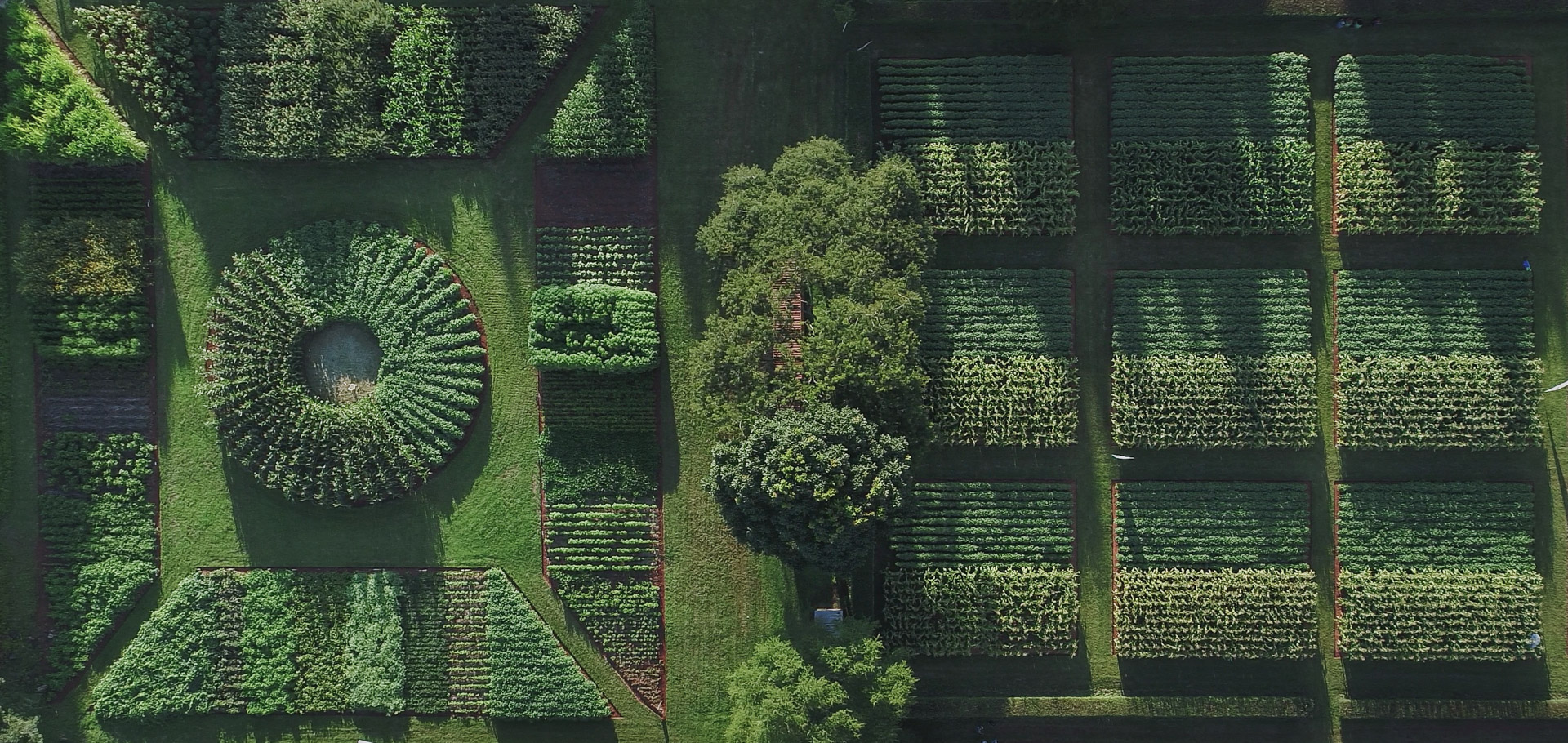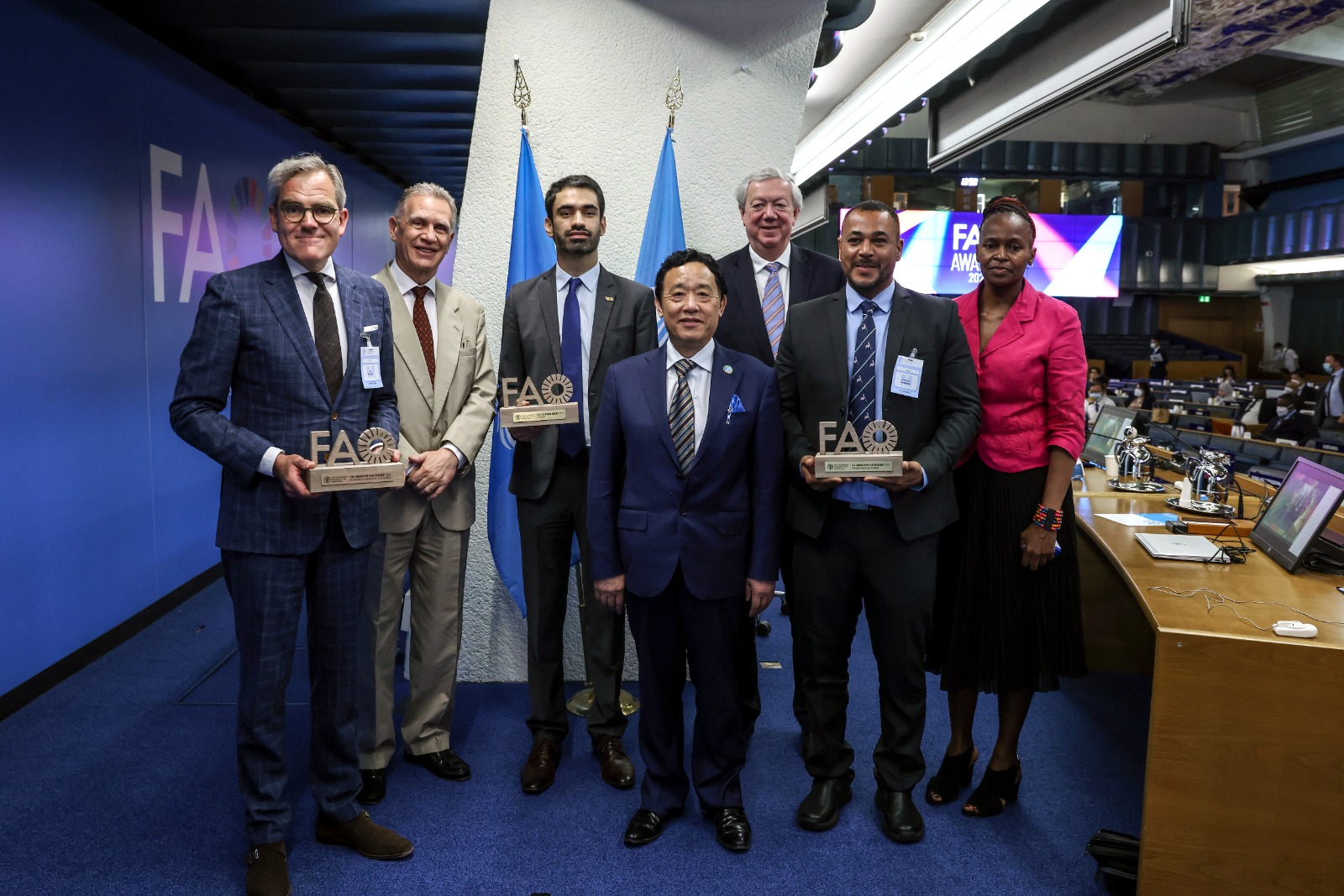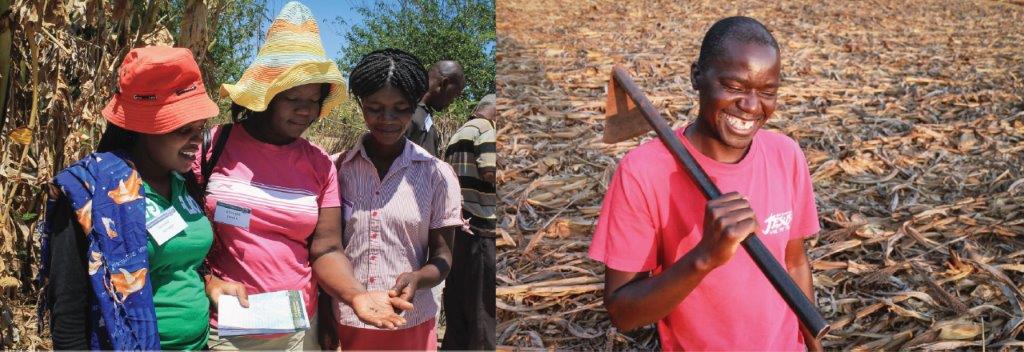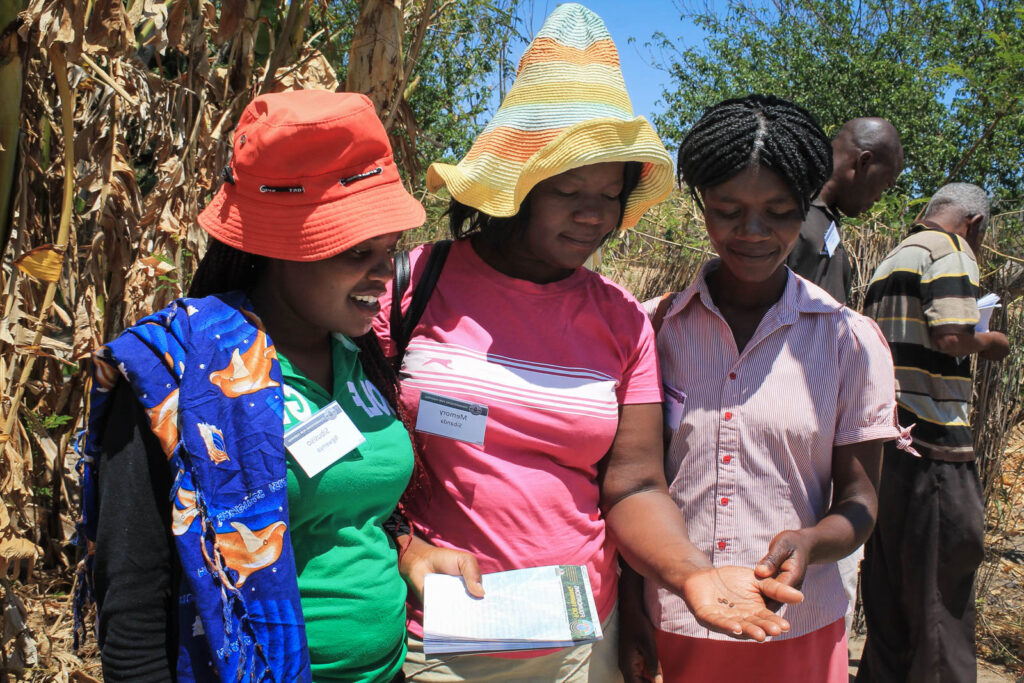
We teach Conservation Agriculture and Sustainability in Zimbabwe
STARVING EARTH - STARVING PEOPLE
The poorest in the world are often hungry, have much less access to education, regularly have no light at night, and suffer from much poorer health.
84% of the world’s 608 million farms are smallholdings; that is, farms less than two hectares in size. Tragically, many small scale farmers do not even produce enough food for themselves. They are among the poorest people in the world.
Various factors add more pressure to small scale farmers like the loss of arable land, the world’s growing population and land distribution issues. In the past 40 years more than 30% of the world’s arable land has been lost due to soil erosion, climate change, pollution, continual ploughing and heavy fertilization
Climate-smart Conservation Agriculture enables farmers to sustain themselves on a very small piece of land, heal the soil, and nourish it for future generations.
“If you spend yourselves on behalf of the hungry
and satisfy the needs of the oppressed,
then your light will rise in the darkness,
and your night will become like the noonday.
11 The Lord will guide you always.
he will satisfy your needs in a sun-scorched land.
and will strengthen your frame.
You will be like a well-watered garden,
like a spring whose waters never fail.”
(Isaiah 58:10-11)
Research and farming institutions from Brazil, the Netherlands and Zimbabwe win FAO Awards

WHO WE ARE
Foundations for Farming (FfF) is a registered non-profit organization.
FfF’s method of conservation agriculture and message of hope applies the good news of the Gospel of Jesus Christ to faith, family, and finance through farming.
The simple, transformative power of faithful stewardship of people, places, and profits heals our planet. FfF was founded in Zimbabwe by Brian Oldreive in 1982. FfF has become a ministry with 50 full-time employees and over 1,000 volunteers spread throughout the world. FfF is based at a model 15 Ha farm on the outskirts of Harare. The center has accommodations and a training center for crop trials, training, and research. Before joining FfF, most team members were farmers, some of them for decades.
WHAT WE DO
FfF specializes in training small-scale farmers to adopt simple, manageable, applicable, long-lasting (SMALL) soil conservation practices that result in high yields. Small field, more yield.
Through FfF, farmers learn the minimal requirements to become self-sufficient and generate surplus from their land. With our best practices farmers escape poverty, have healthy diets, improve the environment, and generate enough income to build a better future for themselves and their families. FfF’s training is based on a holistic, biblical, character-based approach that relies on personal transformation to achieve lasting behavior modification and results. Farmers learn to return to a circular economy as faithful stewards of nature that unlocks productivity, sustainability, and profitability.
FfF’s mantra is: On Time, At standard, Without waste, and with joy. If you apply these principles to any business, invariably in the end you will make a profit. Profit is the fruit of faithfulness.
OUR IMPACT
We have provided direct training to over 30,000 farmers and instructors. A lot of our previous trainees are enthusiastic supporters of our techniques in their communities. As a result, the principles of Foundations for Farming have been imparted to more than 3 million farmers globally.
Our mentoring program helps small-scale farmers achieve an average yield of 8 T/Ha, which is significantly higher than the national average of 0.4 T/Ha in Zimbabwe.
Conventional farming methods see yields decline and costs rise. We are the first step in transforming farms to apply conservation agriculture, agroforestry, composting, and more. Although we focus on small holdings, the Foundations for Farming principles have been applied from the smallest garden to the largest commercial farm. The Founder of Foundations for Farming, Brian Oldreive, farmed 3,500 Ha using this system and set a national maize yield record that stood for 20 years in Zimbabwe. Some of the many benefits are less soil erosion, efficient water management, improved bio-density and nutrition of the food, and increased biodiversity. Climate-smart farming reduces the impact of droughts and makes plants stronger to withstand pests and diseases.


